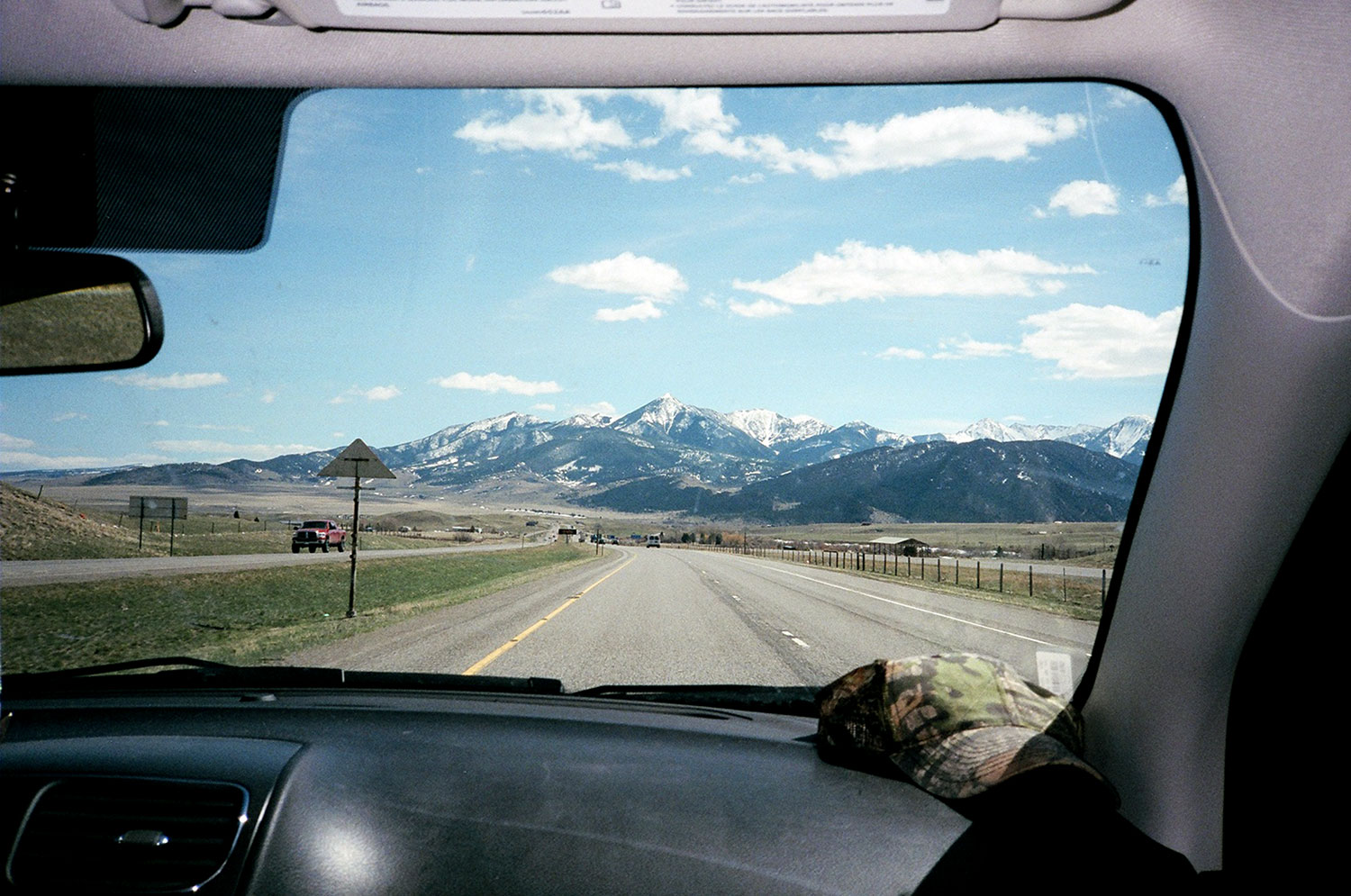-
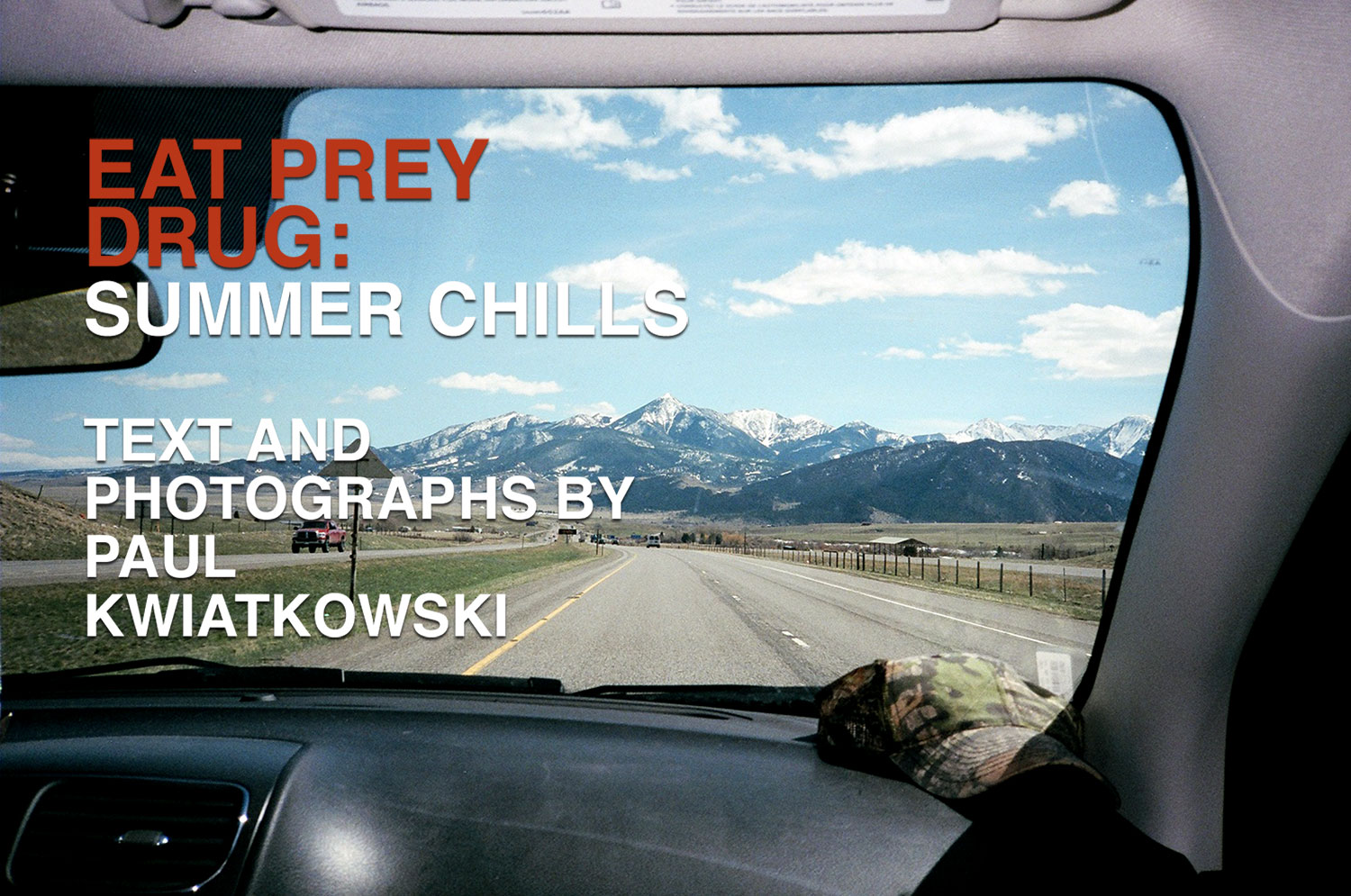
-
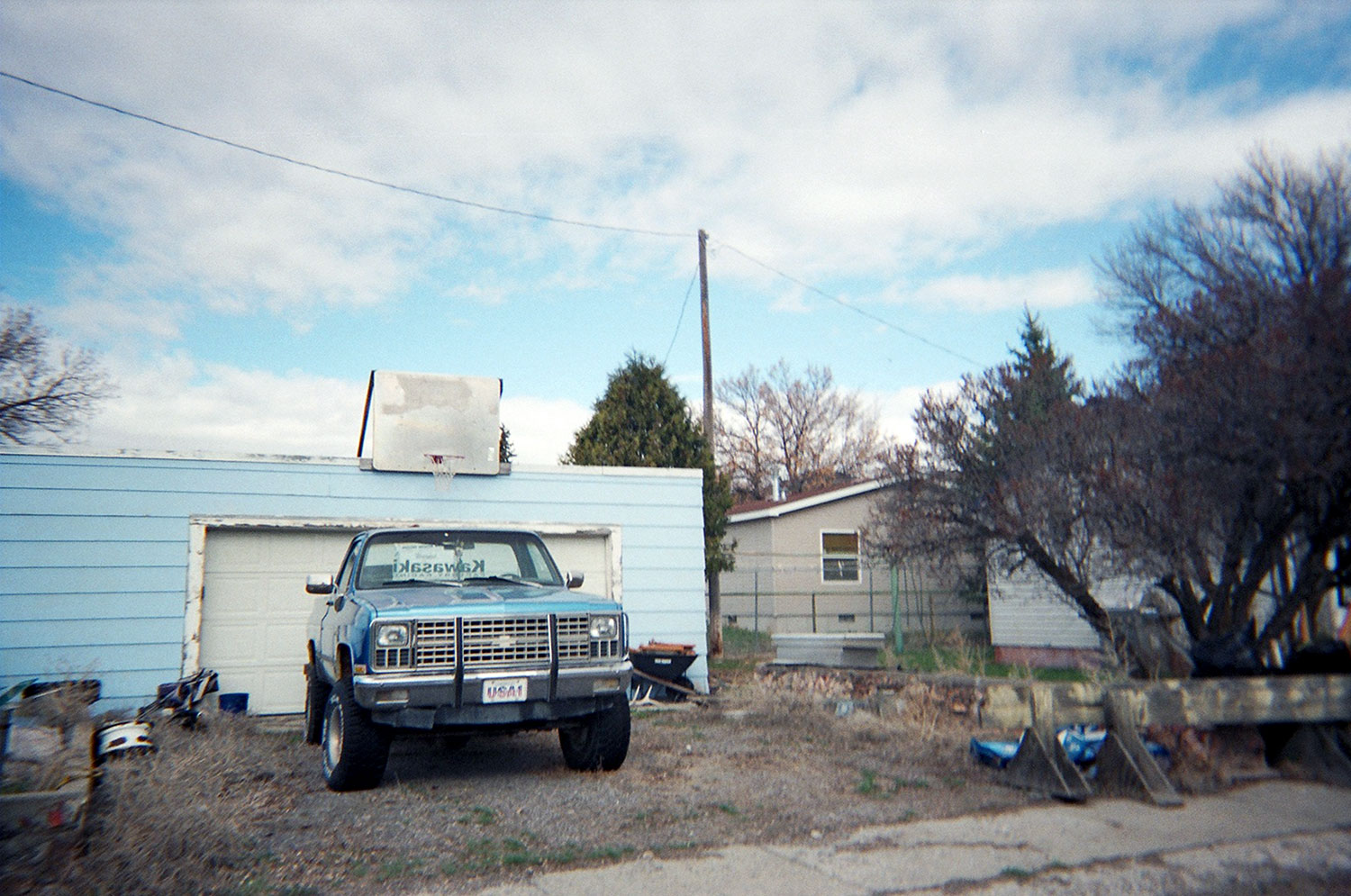 Editor’s Note: This is part three of Paul Kwiatkowski’s cross-country assignment to investigate alternate perceptions of consciousness. Click here for part one [NSFW] and here for part two [NSFW].
Editor’s Note: This is part three of Paul Kwiatkowski’s cross-country assignment to investigate alternate perceptions of consciousness. Click here for part one [NSFW] and here for part two [NSFW]. -
"Only to the extent to which we expose ourselves over and over to annihilation can that which is indestructible be found in us."
– Pema Chodron, When Things Fall Apart
-
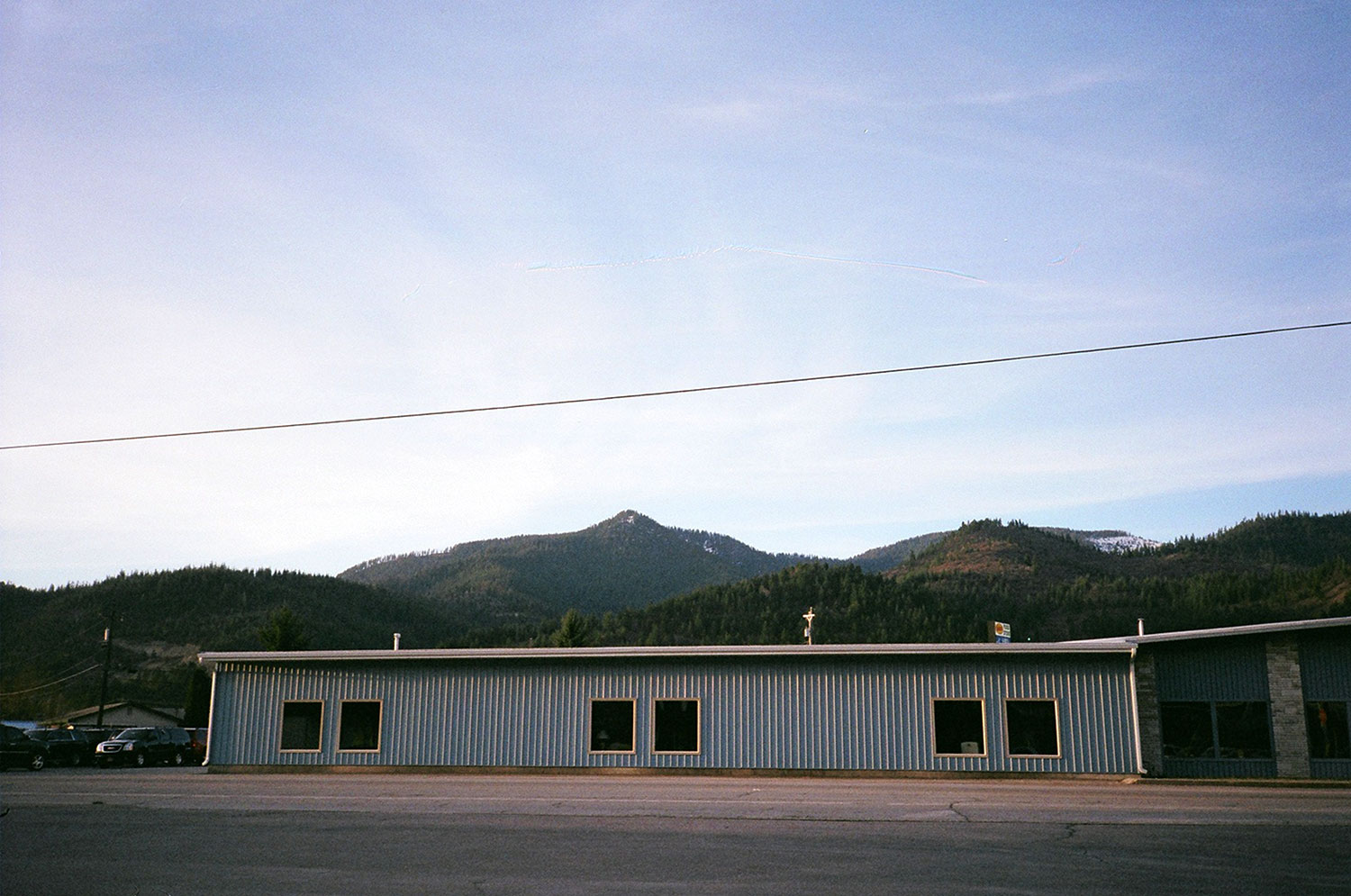
Kellogg, Idaho
-
I flipped between AM radio stations searching for updates about the sudden increase in earthquakes. There were reports of them striking states that had little to no seismic activity in the past. The greatest spike was in Oklahoma, apparently resulting from the high pressure of chemicals, water and sand being pumped underground to blast through sedimentary rock. Researchers said the reduced friction along fault lines was what triggered the seismic shifts. By March of 2014, there had already been several hundred earthquakes in Oklahoma.
America was splitting apart beneath me. The only time I felt insulated was inside my car. Every town erased itself as it passed my windshield. The farther inland I drove, the deeper I lapsed into autopilot, suppressing the agoraphobia that America is spread too thin for life outside of a car. I drove until my hands were numb.
-
This was my first time driving across the Northern United States. The rugged plains of Washington cross-dissolved into barren basins, then into the silvery Rocky Mountains. Each landscape smeared over the previous one. I craved the leathery sting of a Marlboro, the nutty, wooden aftertaste of cheap American beer. Here was the country I envisioned but had never really seen, having lived exclusively on the coasts.
I was driving through Idaho, aware of traffic and my relation to it at the speed the car was traveling, but, really, I was someplace else. There's a weird harmony that happens when your thoughts proceed at the same pace as your ride. I hadn't had a dream — waking or lucid — since Los Angeles; the ability to conjure up sub-conscious scenarios had been rattled out of me. Instead, there were now drugged-out hallucinations that bled across memories. I’d been fucked up enough times to recognize that this was the good feeling before the bad one set in.
-
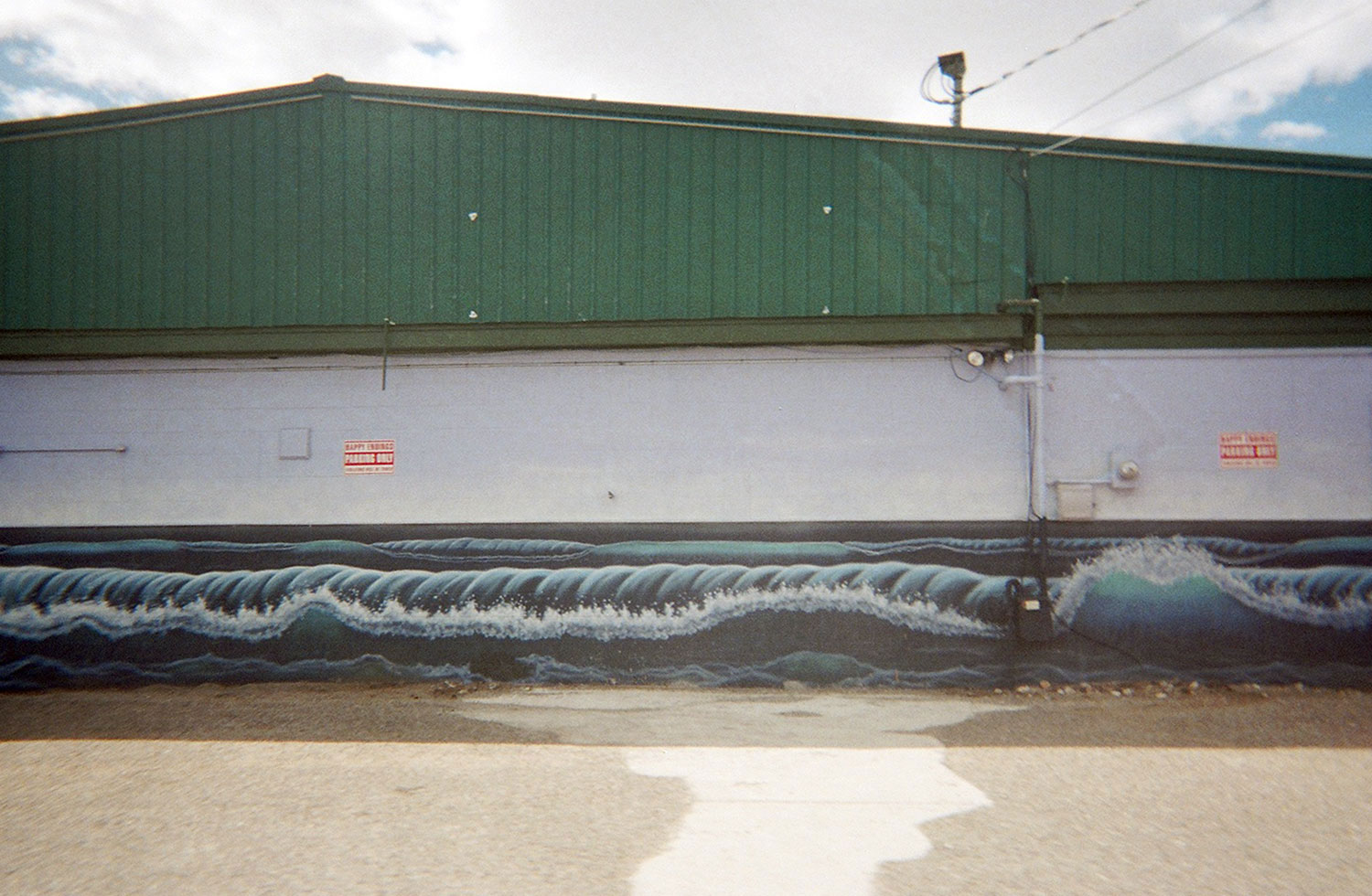
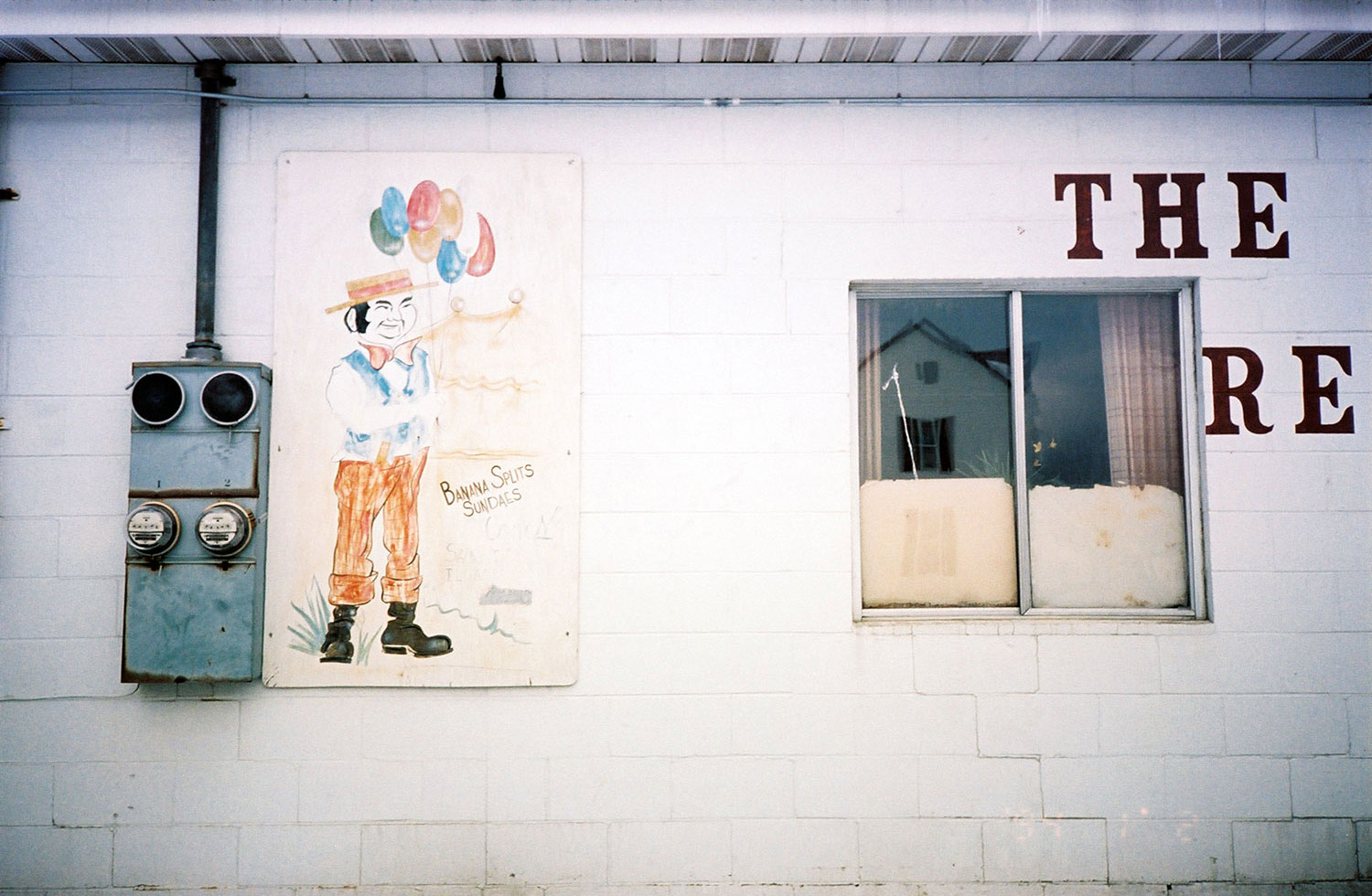
-
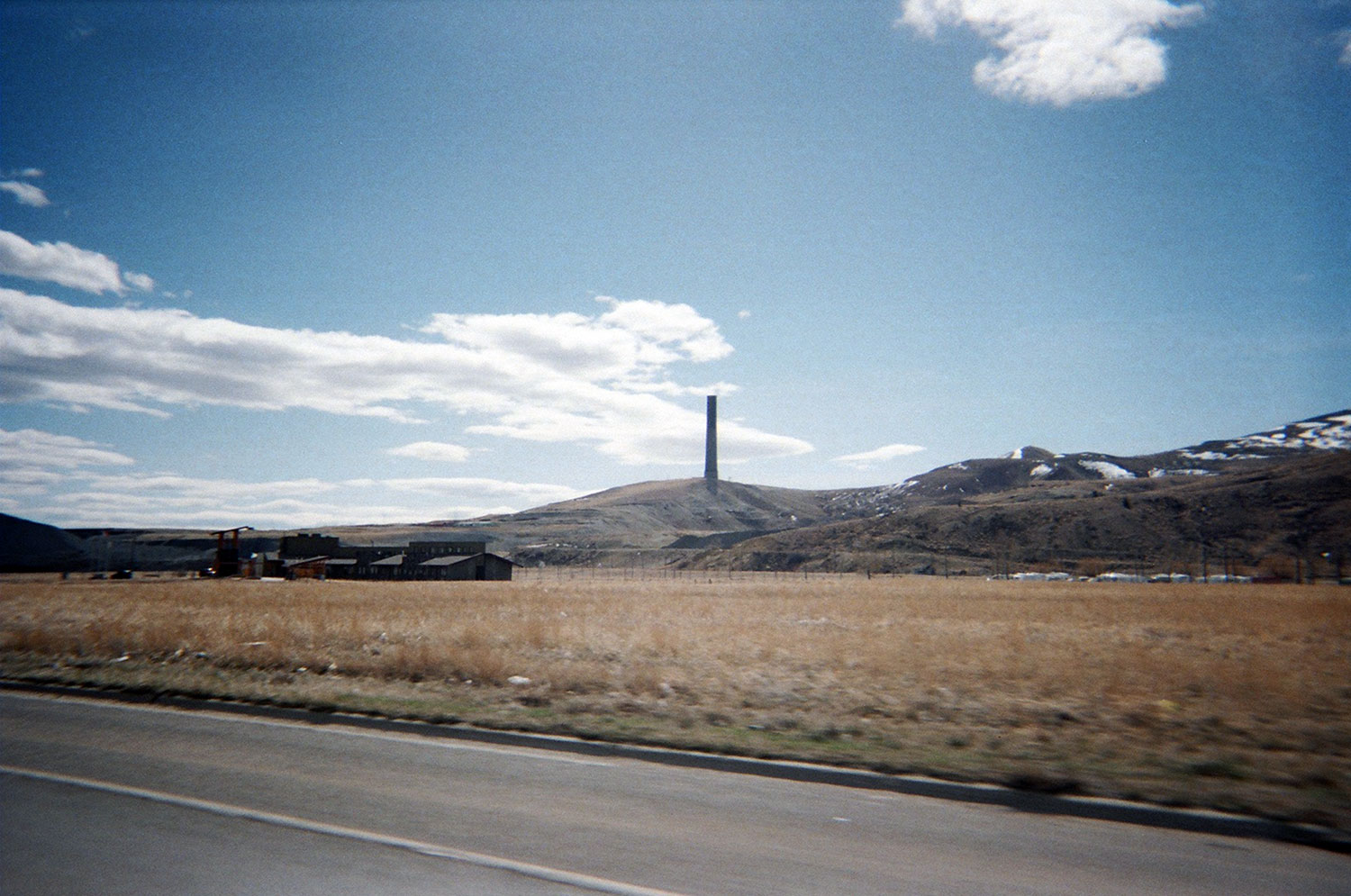
-

Port-Au-Prince, Haiti
-
In 2010, I had traveled to Haiti with Anthony, a photojournalist I used to work with. In Port-au-Prince, we volunteered for a charity that sent surgeons to third-world countries to help children with cleft palates. They needed people to move equipment, pick up patients and take publicity photos. It was a short gig that offered everything I wanted: to get out of town, out of America, far away from anything familiar. At the time, I thought the urge to escape would pass.
Outside the airport gates, kids pounded on the car. Some put their faces against the window and puffed out their cheeks so that their mouths suctioned wide open against the glass. From inside the car, their faces looked like cavernous holes, lined with teeth and upturned eyes. I stared into an esophagus as our driver hesitated making a turn. Driving through Port-au-Prince, I peered through the imprint of mouths flecked over the dusty windows.
-
We were being driven to the west end of Port-au-Prince to pick up a young girl eligible for the charity’s cleft palate surgery. The streets were frenetic with pedestrians and men on scooters, yet the earthquake’s aftermath was everywhere. Stores were exposed, set up outside wrecked buildings, with merchandise tacked up on the walls. Huddled at the corner of a busy intersection was the child and her mother. They’d been robbed at gunpoint minutes before we pulled up.
They were frightened and dehydrated. The child vomited in the backseat. The mother could not stop weeping. I couldn’t speak French or Creole; I didn’t know how to comfort them. When I asked our driver to interpret what the mother and her daughter were saying, he avoided eye contact and said, “They’ve lost everything.”
After a week, our shifts at the hospital were done. I had the option of staying in Port-au-Prince or joining Anthony on an assignment. He was going to document a religious pilgrimage.
-
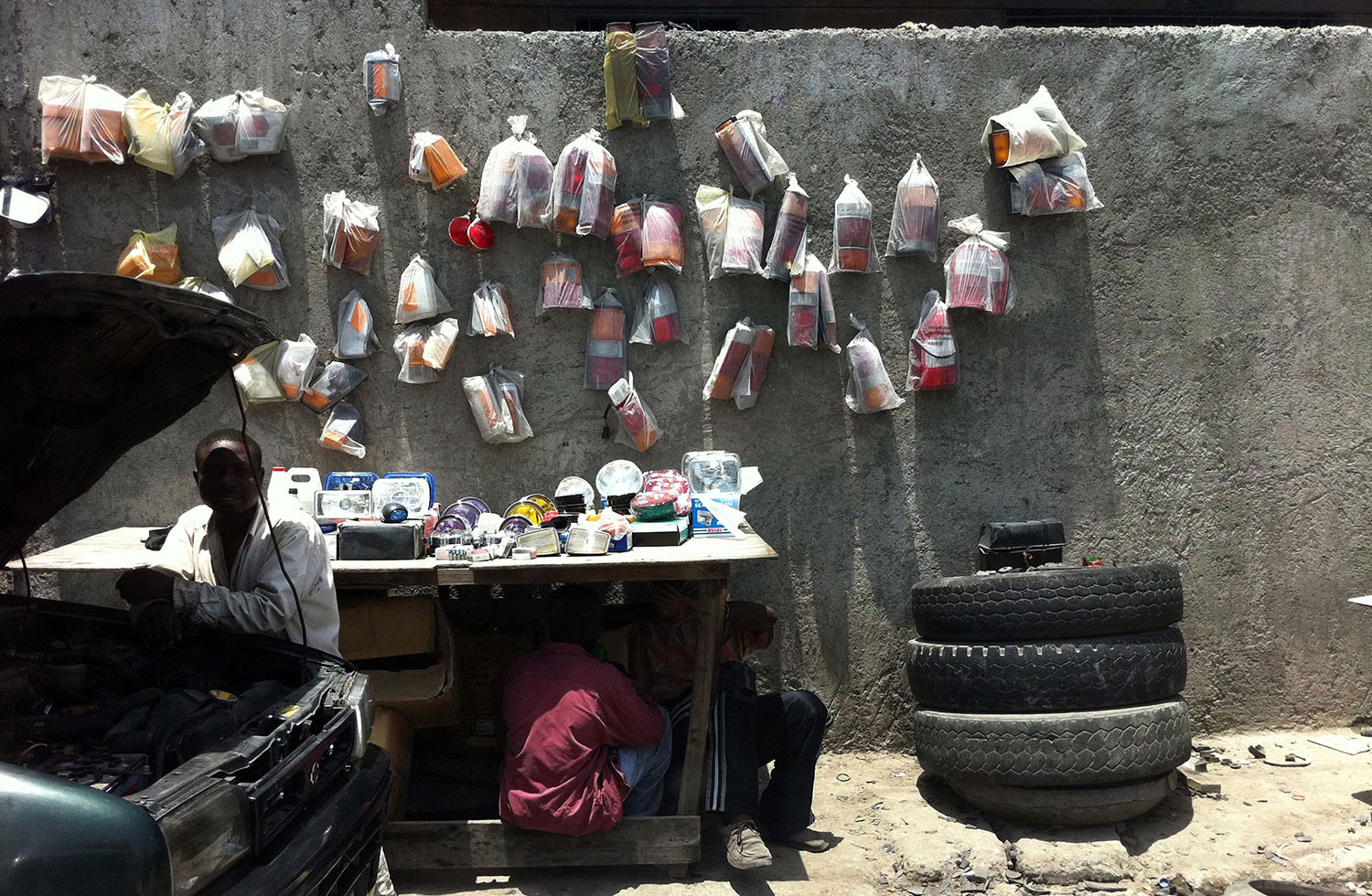
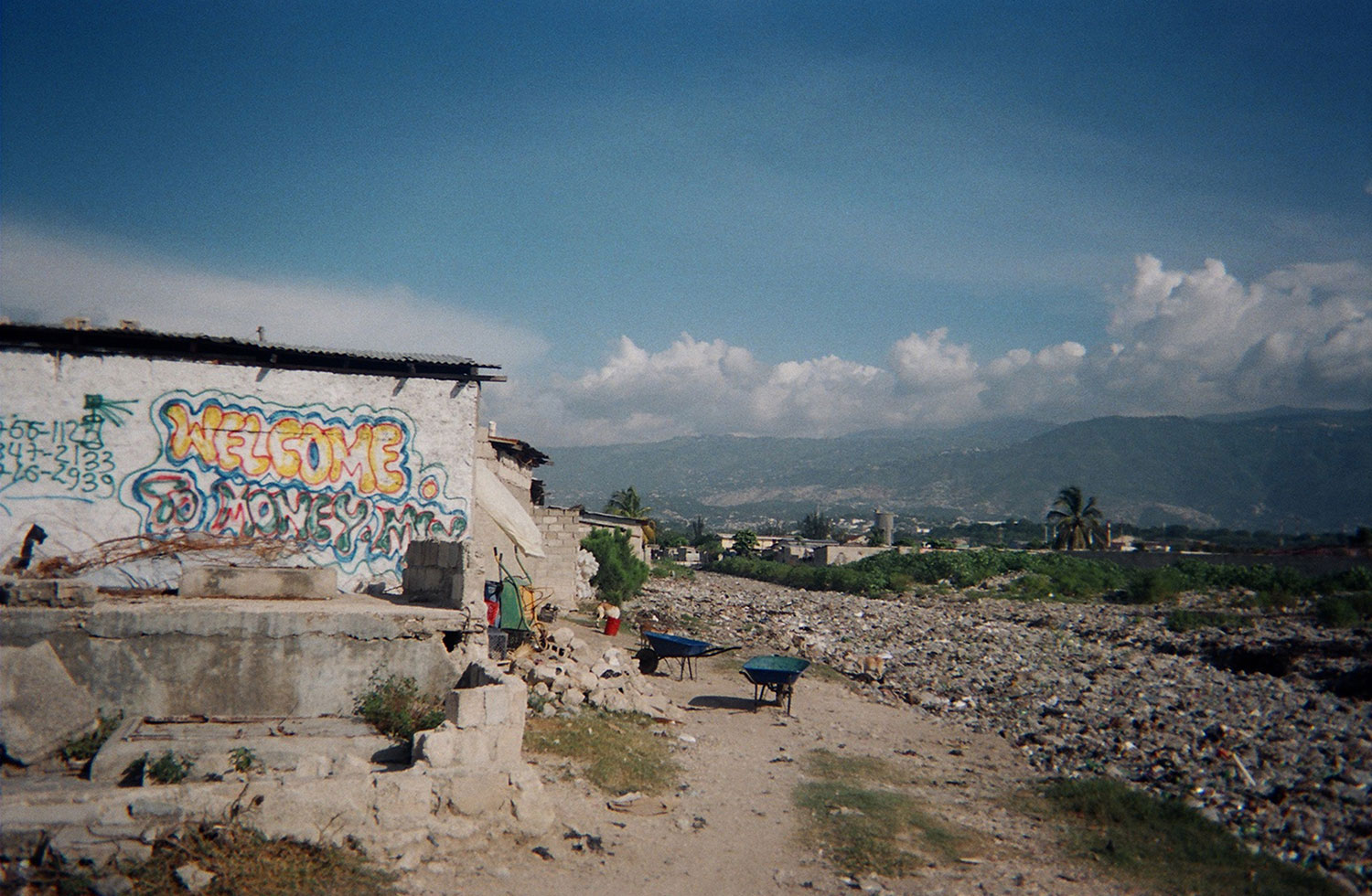
-
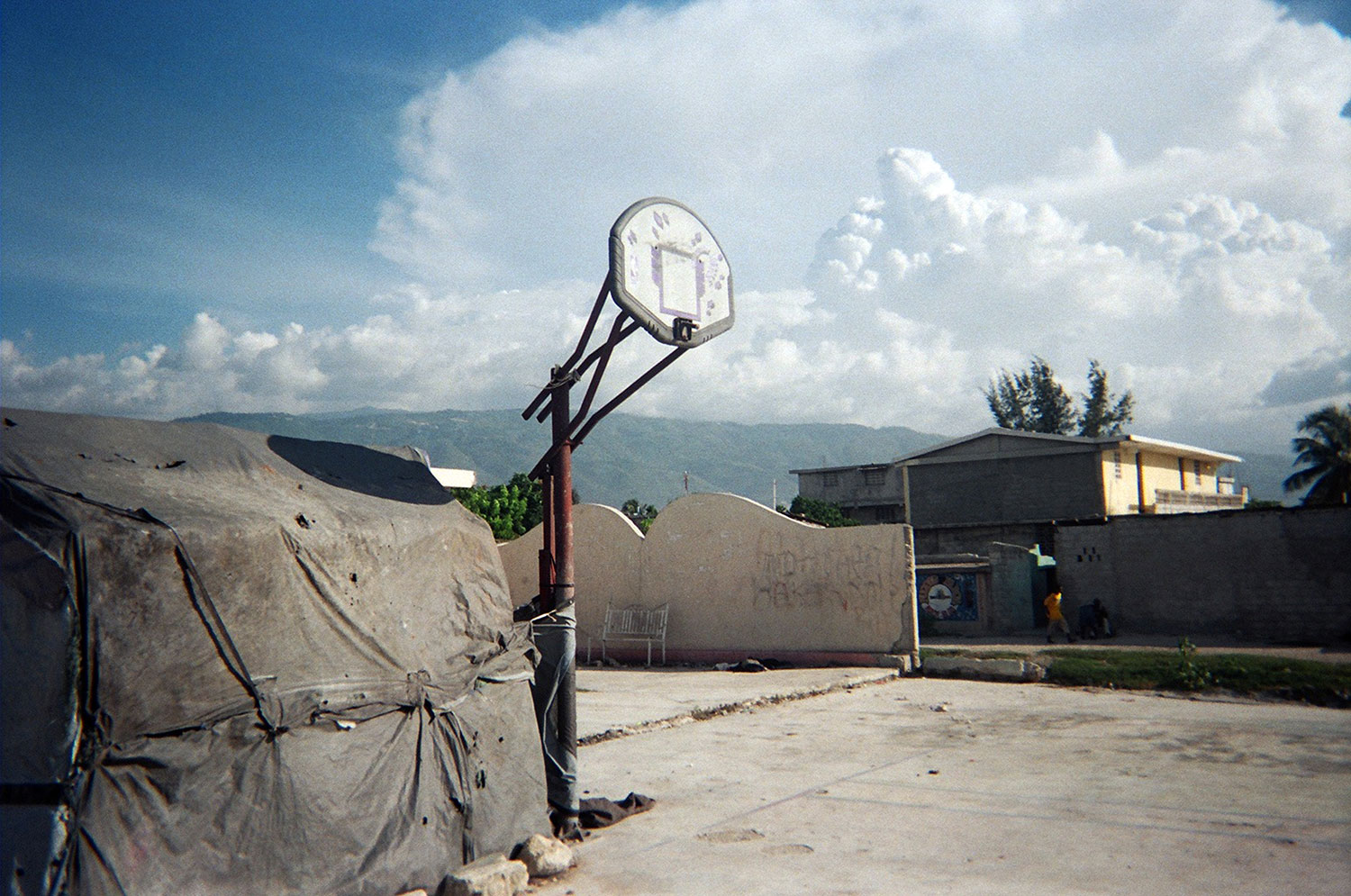
-
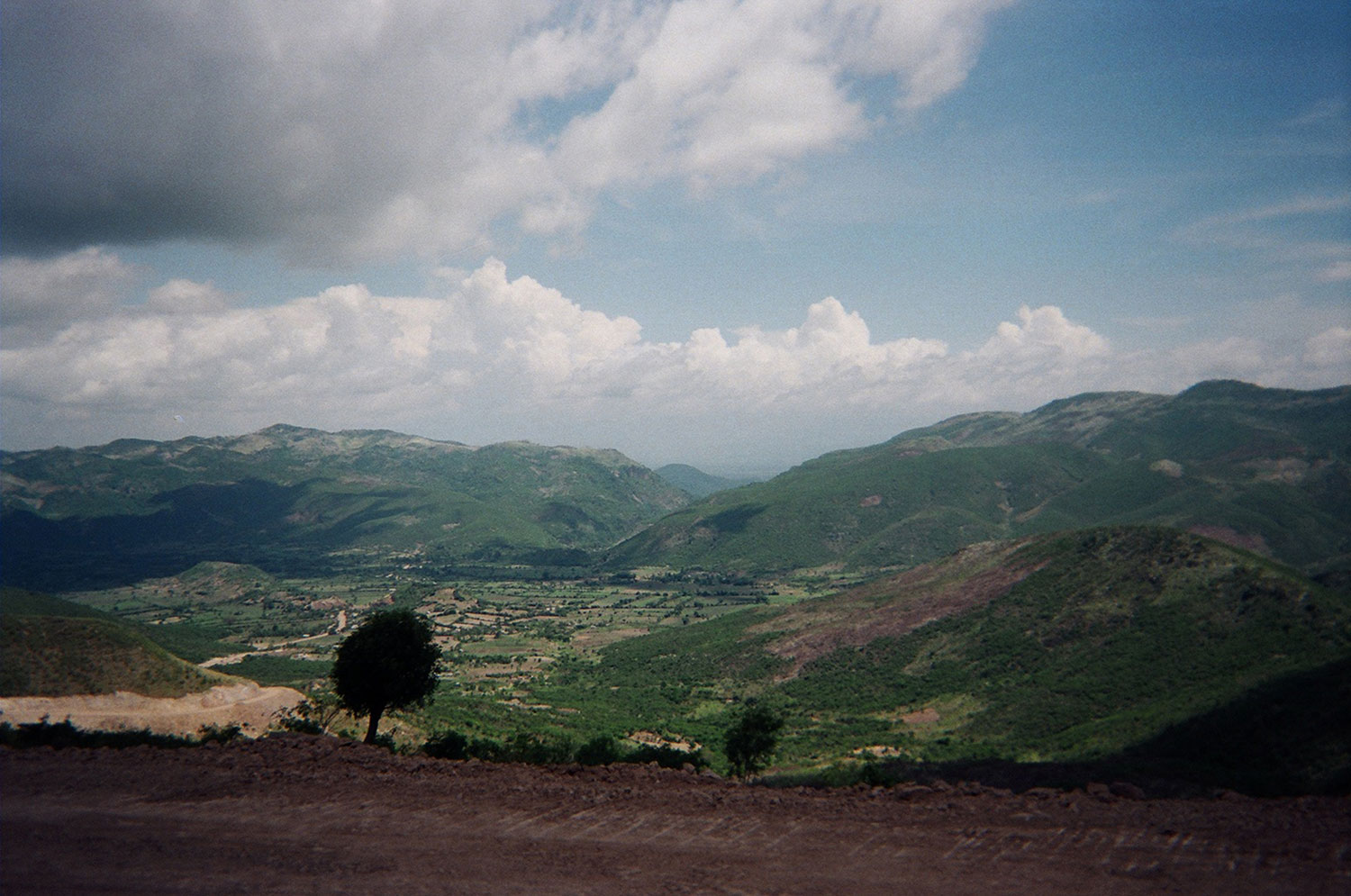
Saint-Michel-De-L'atalaye, Haiti
-
Our destination was a remote cave located in the northern part of Haiti. Halfway there, we saw a woman flailing her arms on the road, beside her a group of men staring at the ground in silence. We asked our driver to pull over, and, further up the road, I saw a child’s shoe. The men were looking at a young girl in a school dress. She was laying face down in the grass. Her legs were broken. She’d been hit by a car. It had driven off. Someone told me the woman was her mother. There was terror in her screams.
My first impulse was to turn the girl over, but because of the potential for disease, I couldn’t. Anthony and I made gloves from grocery bags. We stabilized her head and fashioned a gurney out of burlap that someone handed us. Someone else held the mother back. I don’t think I could have faced her. The child’s face was swollen, bloody.
-
There was a moment when her blood stopped warming the outside of the plastic bag clinging to my hands. With a bottle of water, Anthony washed the blood off of her face, but there was little more that could be done. She had aspirated.
Eventually a pickup truck came to take her. After we placed her onto its bed, I can’t explain why, but I videotaped her face. All I could do was stand there recording. Watching the truck speed off, I asked if there was a hospital nearby. Our driver just shook his head.
It was my first real experience with death. For hours, my hands could not stop shaking.
-
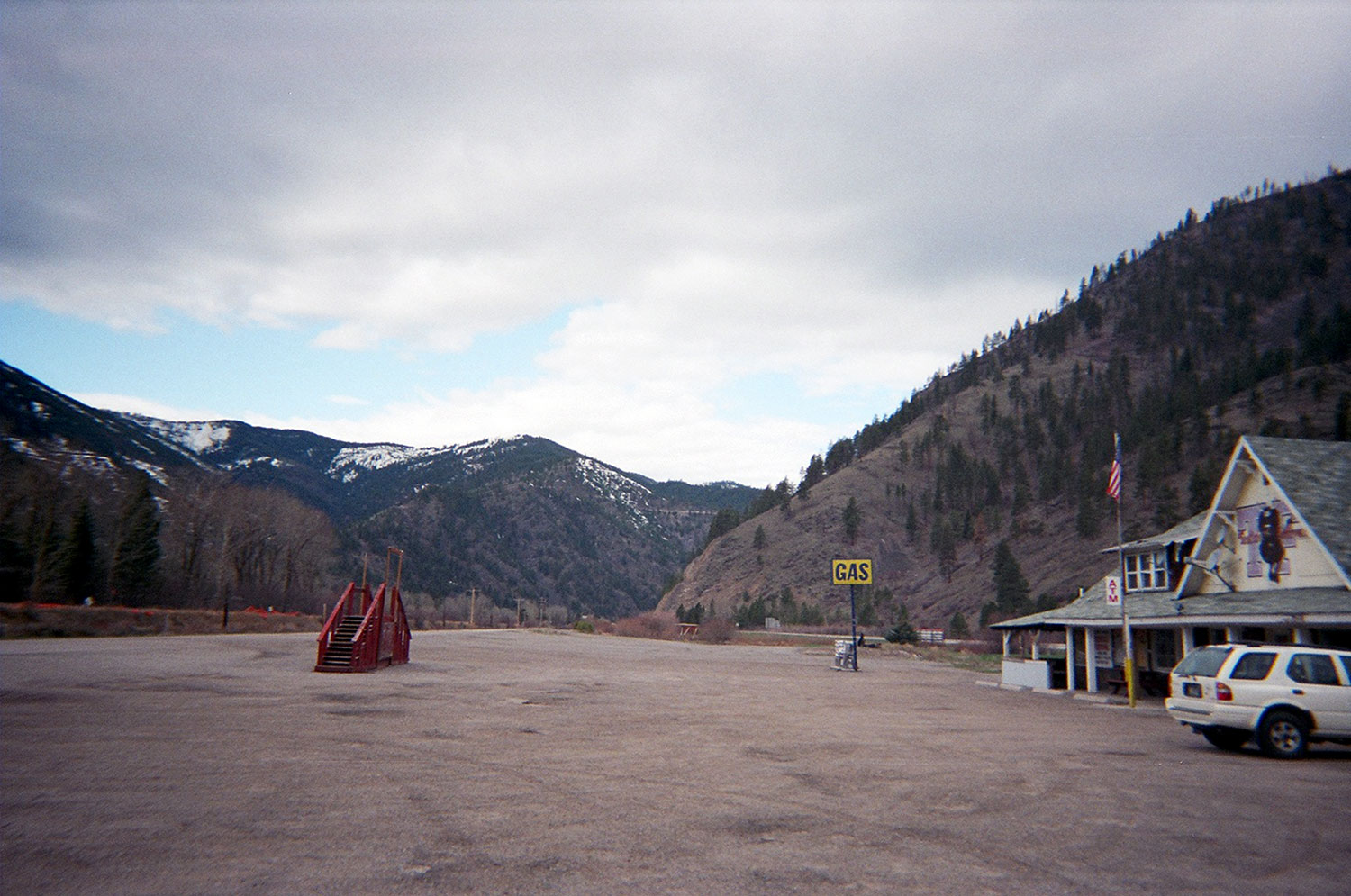
Missoula, Montana
-
I never watched the video until that day in Montana. I felt naive for thinking I would find meaning in it. What was I supposed to be answering when my questions didn’t make any sense?
I watched a basketball game on TV. I watched it for an hour before I realized Ben Wallace had retired three years ago. I’d been watching ESPN Classics without even realizing it.
I poured what was left of the liquid morphine into my Coors Light, then settled into a comforting hopelessness, knowing that nothing of substance lasts forever.
For the first time in my life, I looked forward to waking up early and driving somewhere.
-
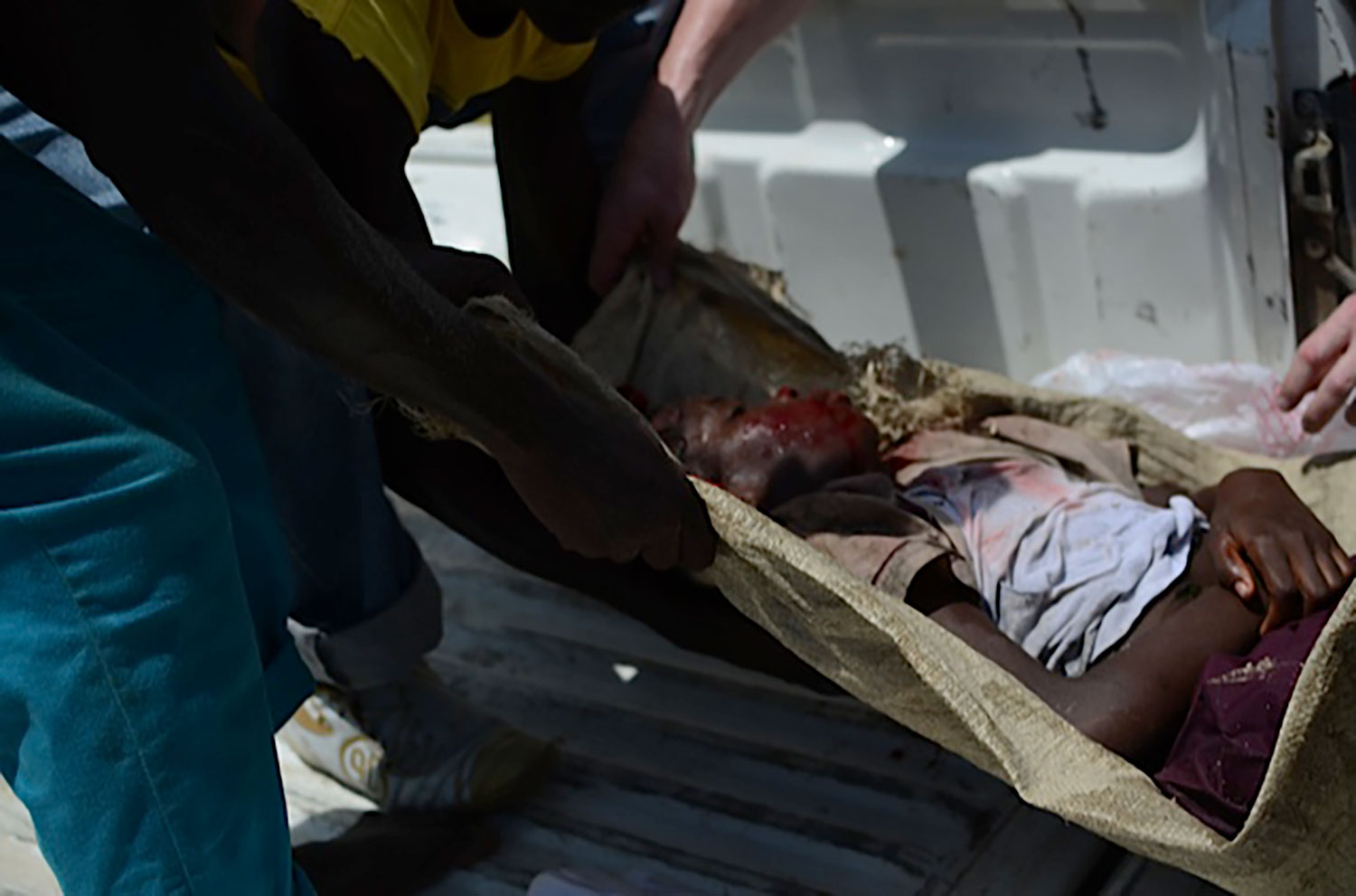
-
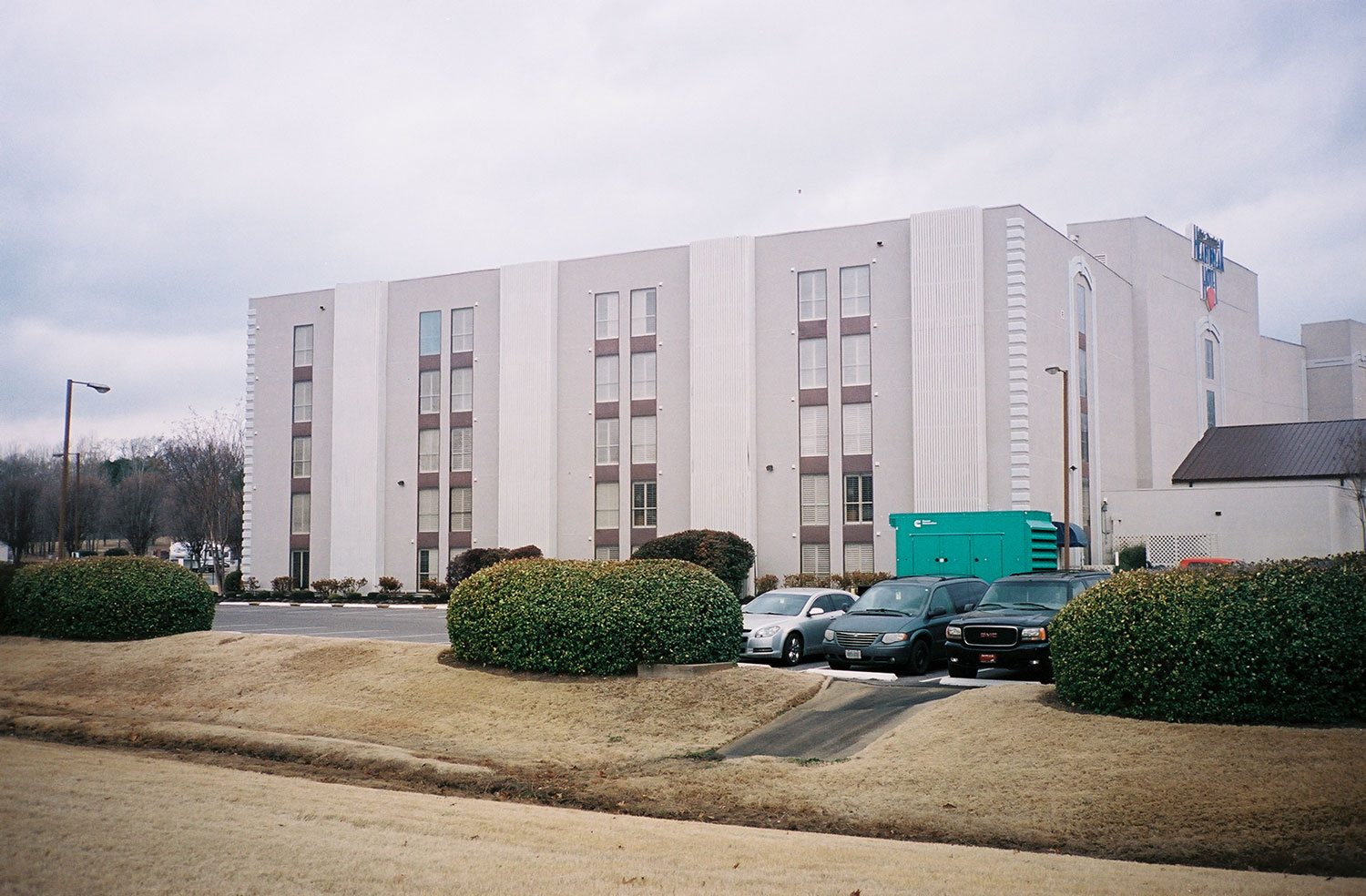
Part IV:
Eat Prey Drug: Motel 6 -
Share on FacebookShare on Twitter
Read More In This Series
Or Buy Paul Kwiatkowski's Book
And Every Day Was Overcast
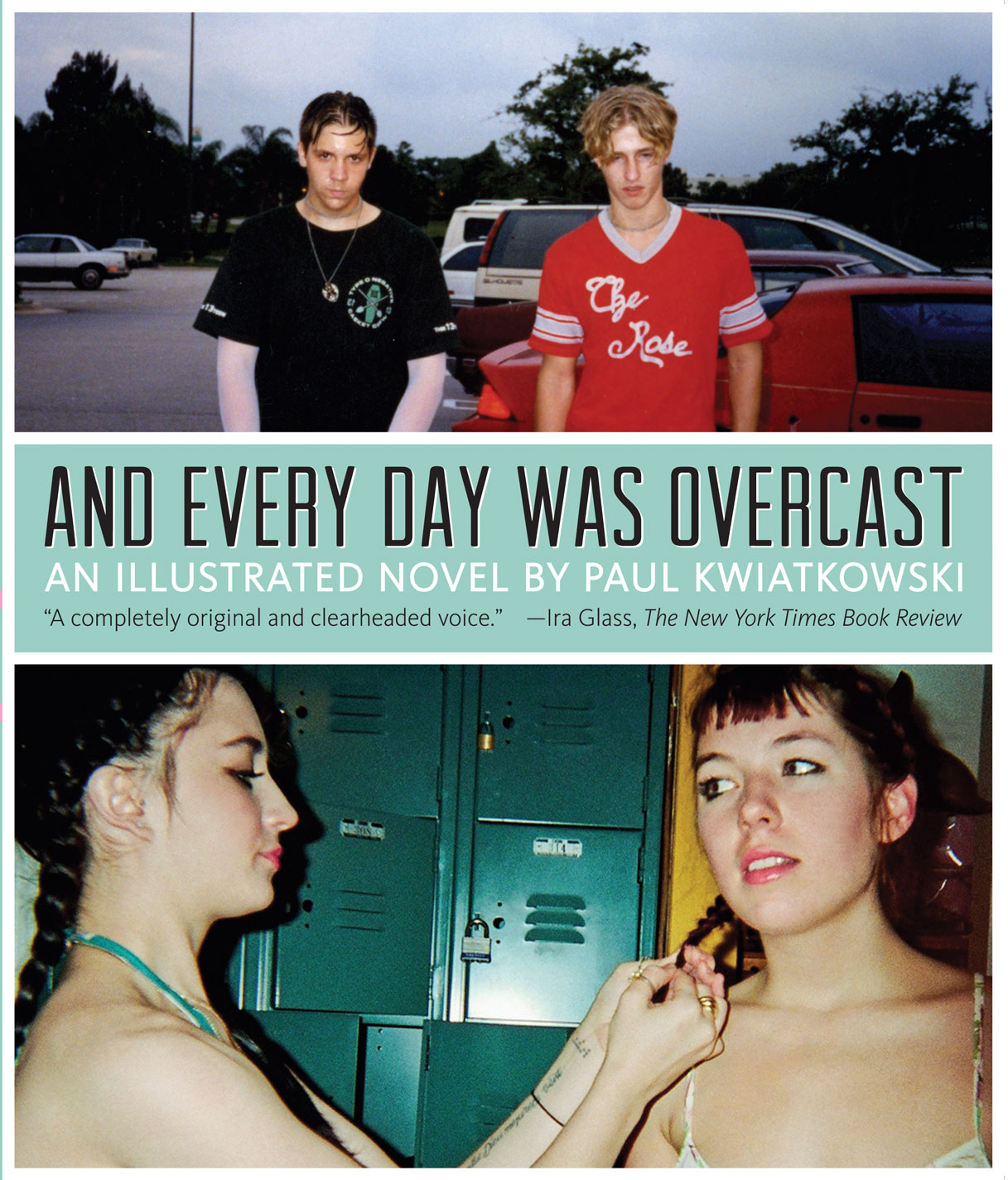
Out of South Florida’s lush and decaying suburban landscape blooms the delinquent magic and chaotic adolescence of And Every Day Was Overcast. Paul Kwiatkowski’s arresting photographs amplify a novel of profound vision and vulnerability.
$29.95
Eat Prey Drug: Summer Chills
Text and Photographs by Paul Kwiatkowski

